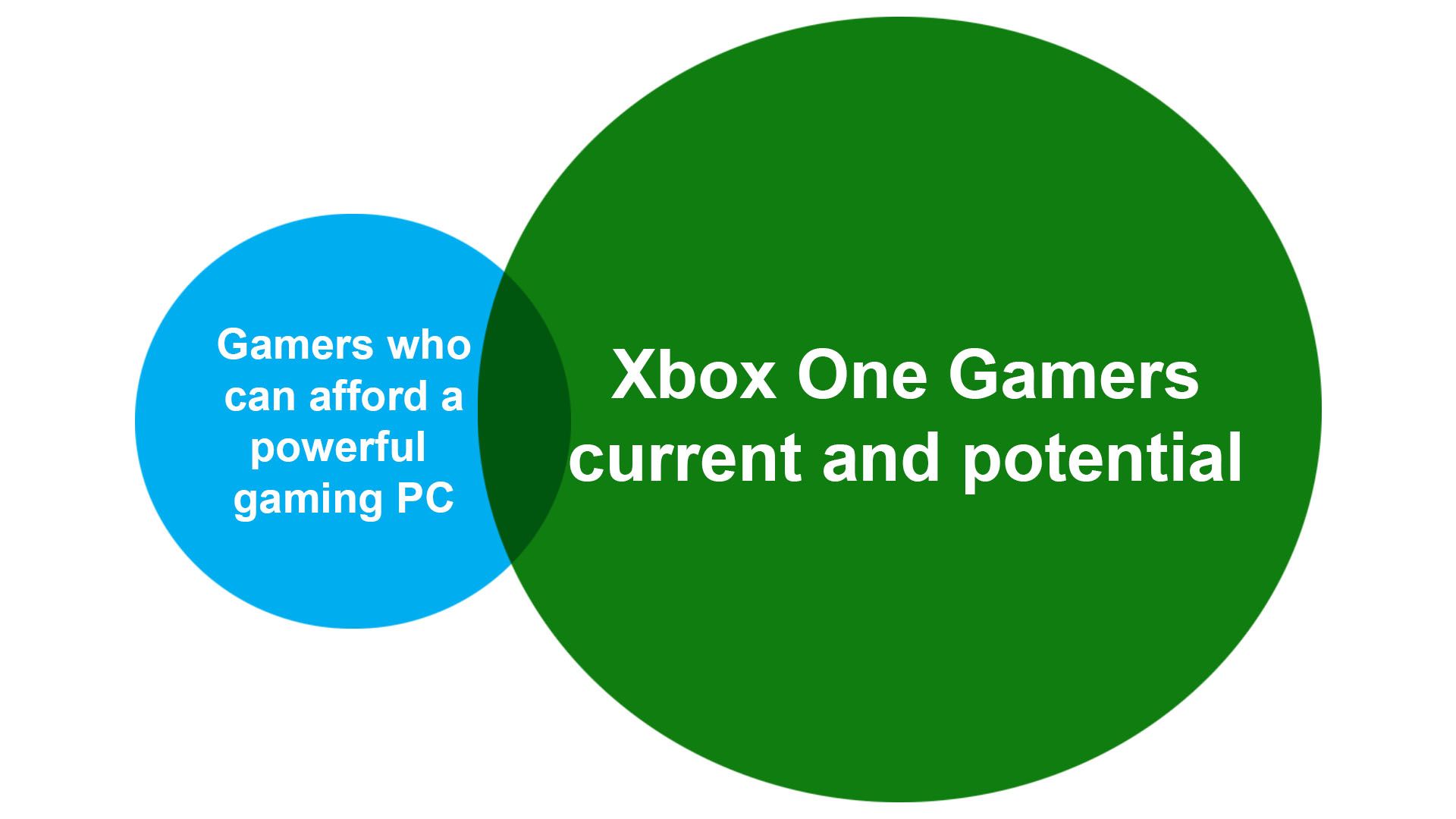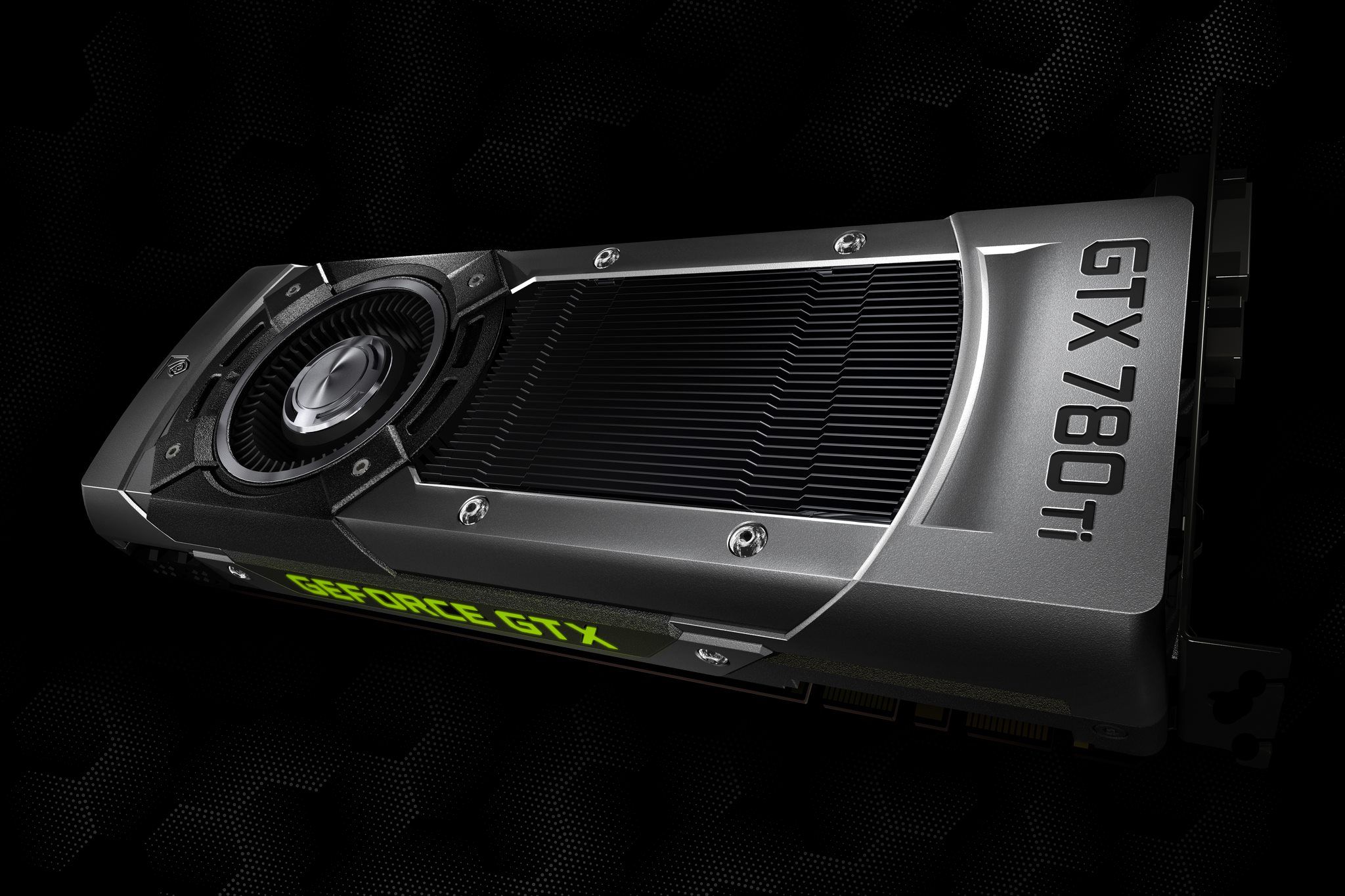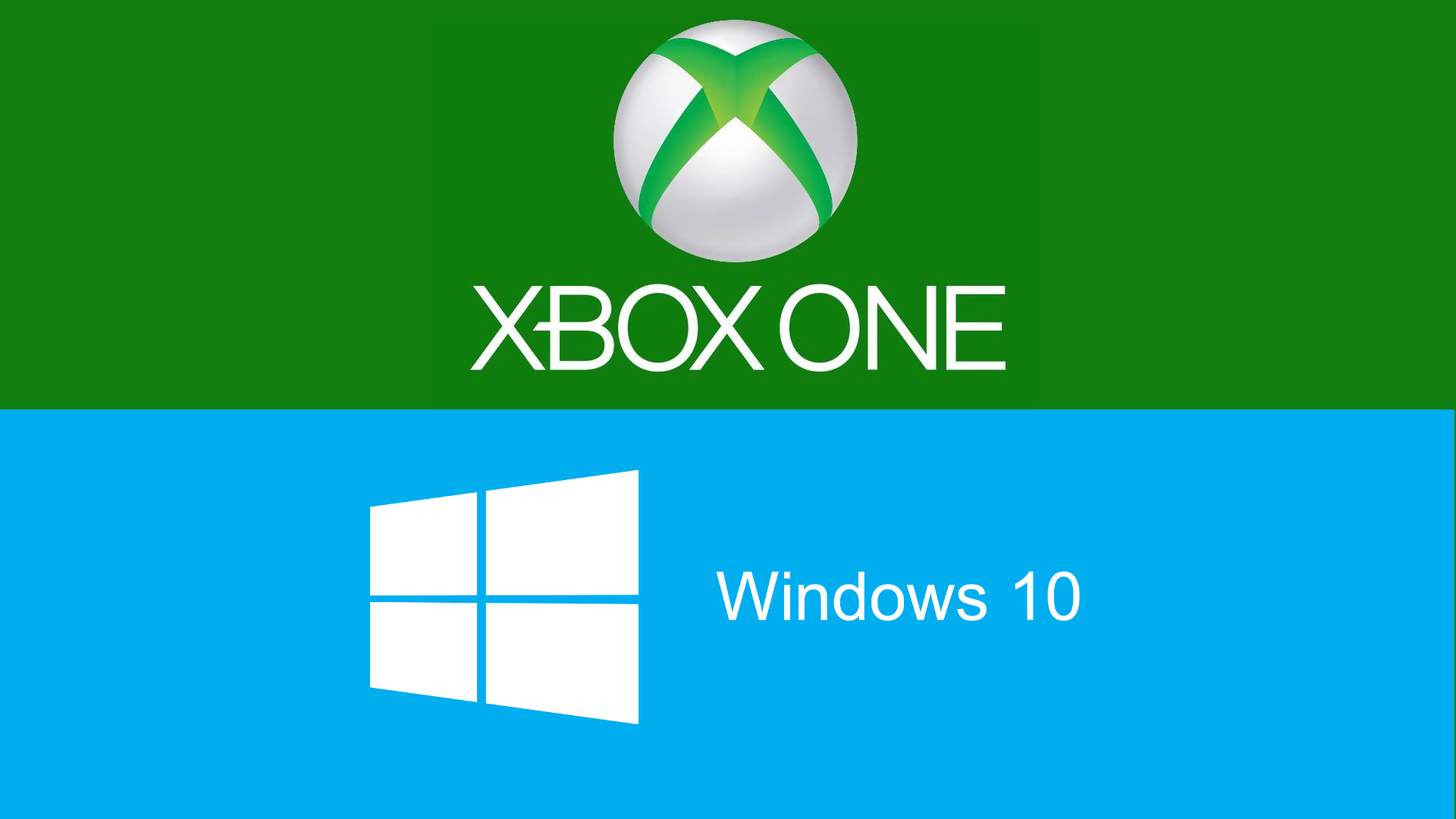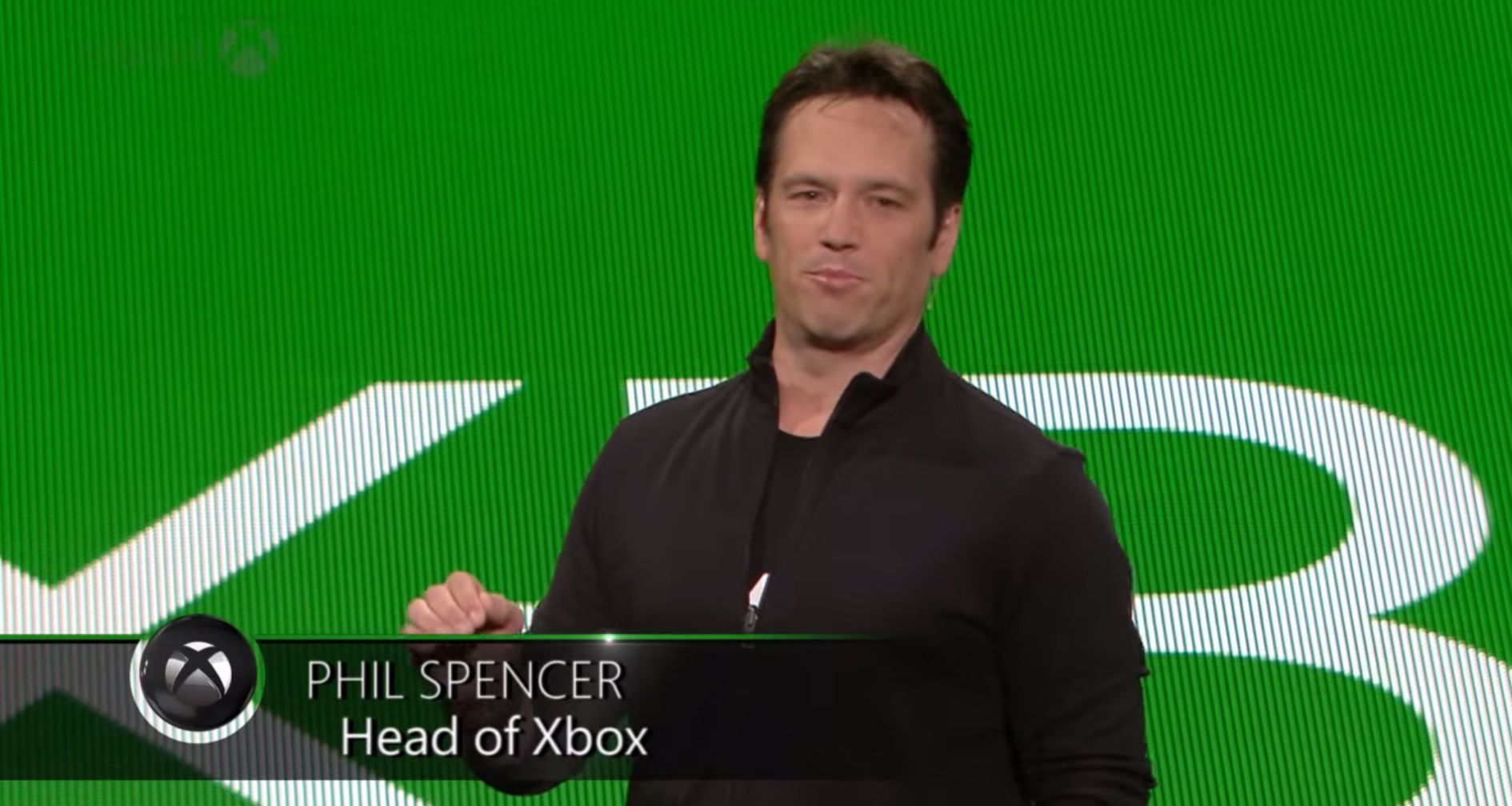Yesterday Microsoft announced that the former Xbox One exclusive Quantum Break will be released day and date for Windows 10, and predictably, all hell broke loose.A portion (hard to say how big or small) of hardcore Xbox One fans started to harshly criticize the decision, while many argued that it's now meaningless to purchase an Xbox One. I even read a rather ridiculous article calling this a "massive blow" to the console.Those kind of worries are, indeed, ridiculous (and of course some aren't really worried. Concern trolling has always been popular among console warriors). Microsoft's shift towards releasing its games on both Xbox One and Windows 10 has very solid potential to improve the scenario both for gamers and for the company, and even for the Xbox One.Let's start with the side that's easier to frame: gamers.As a console owner and gamer, you lose absolutely nothing when a game is released on another platform. There's absolutely no detrimental effect on your side and to your real enjoyment of the game. The only thing that might get hurt is the nonsensical brand pride that makes you somehow feel that you can enjoy a game more if people that didn't choose the same platform as you are barred from playing it.Ours should be an inclusive hobby, where we celebrate the chance for as many gamers as possible to enjoy the games we love, and it's truly sad that some find appropriate to push for the exclusion of fellow gamers due to a sense of misguided brand fealty. Nonsense aside, gamers have everything to gain from a game they love being released on PC.Gaming PCs are more powerful than consoles, so there's no need to make any compromise when developing a game in order to adapt it to the Windows platform. On the other hand, when a multiplayer element and cross-platform gameplay is involved, a larger community means that you'll be able to enjoy the game for a longer period. Multiplayer communities dissipate naturally with time, as a title gets older and new ones are released, but more people involved mitigates this inevitable decay.Even when there's no multiplayer involved, more potential sales mean more money for the developer and publisher. This money gets in part re-invested in making more, bigger and better games in the future, and at times even with providing more additional content and updates for the current title.Don't think that the additional money earned from the sales on Windows 10 will end up just fattening up the pockets of executives. The gaming industry is based on a cycle of investment and gain, and the more gamers are allowed to pump currency into that cycle, the more will be reinvested in entertaining us more and better down the line.Let's now move to the more complex side of the issue: how does the release of former Xbox One exclusives on PC impact Microsoft?First of all, there's the obvious, and I already mentioned it above. More potential customers mean more sales, and I'm sure I don't need to explain further how this is a positive factor.Secondly, it allows Microsoft to push Windows 10 adoption further. By releasing exclusive games on Windows 10, they give another blow to that pocket of resistance among gamers that are still sticking with Windows 7 and 8. When prominent games are released exclusively for the newer operating system, that free upgrade automatically seems more tempting.Further on that note, this gives Microsoft a good chance to showcase the benefits of DirectX 12, which will have its most impactful influence on PC gaming and not on consoles.Of course, the elephant in the room is "but what about Xbox One? Surely this must damage the sales of the console!"That's entirely debatable, and most probably not true. Take a look at the chart below (be warned that it's not in scale with actual data, since it's really hard to actually find that data, It's simply an example based on perception and logic).
Nonsense aside, gamers have everything to gain from a game they love being released on PC.Gaming PCs are more powerful than consoles, so there's no need to make any compromise when developing a game in order to adapt it to the Windows platform. On the other hand, when a multiplayer element and cross-platform gameplay is involved, a larger community means that you'll be able to enjoy the game for a longer period. Multiplayer communities dissipate naturally with time, as a title gets older and new ones are released, but more people involved mitigates this inevitable decay.Even when there's no multiplayer involved, more potential sales mean more money for the developer and publisher. This money gets in part re-invested in making more, bigger and better games in the future, and at times even with providing more additional content and updates for the current title.Don't think that the additional money earned from the sales on Windows 10 will end up just fattening up the pockets of executives. The gaming industry is based on a cycle of investment and gain, and the more gamers are allowed to pump currency into that cycle, the more will be reinvested in entertaining us more and better down the line.Let's now move to the more complex side of the issue: how does the release of former Xbox One exclusives on PC impact Microsoft?First of all, there's the obvious, and I already mentioned it above. More potential customers mean more sales, and I'm sure I don't need to explain further how this is a positive factor.Secondly, it allows Microsoft to push Windows 10 adoption further. By releasing exclusive games on Windows 10, they give another blow to that pocket of resistance among gamers that are still sticking with Windows 7 and 8. When prominent games are released exclusively for the newer operating system, that free upgrade automatically seems more tempting.Further on that note, this gives Microsoft a good chance to showcase the benefits of DirectX 12, which will have its most impactful influence on PC gaming and not on consoles.Of course, the elephant in the room is "but what about Xbox One? Surely this must damage the sales of the console!"That's entirely debatable, and most probably not true. Take a look at the chart below (be warned that it's not in scale with actual data, since it's really hard to actually find that data, It's simply an example based on perception and logic). Games on consoles are extremely optimized. Due to the fact that the Xbox One (of course the same applies to the PS4) has a single hardware setup, with components set in stone, developers can squeeze a lot more performance out of that hardware. This wouldn't be possible with comparable components on PC, where a lot of power is squandered to "catch 'em all," and fit any one of the thousands possible combinations of CPU, GPU, Motherboard, memory and so forth.  This is also one of the reason why I giggle every time a misguided analyst or journalist brings up the idea of an Xbox One-2 or PS4-2 with higher horsepower. This optimization advantage would be lost in part, and it's too good to give up.The consequence of this, is that to run the most technologically advanced triple-A games on PC, you need a much more powerful machine compared to the rather modest specs of the Xbox One. That kind of power has a cost that tends to be three-to-four times higher of that of the console.One of the reasons why gamers play on consoles, is that they're cheap. In the grand scheme of things, not many can afford spending between $1,000 and $1,500 for a decent gaming PC, and really good ones can cost even more than that. On the other hand, a $300 console is more in line with the entertainment budget of an enormously larger percentage of the gaming audience.Most of those gamers who spend $300 for a console every seven years or so, simply cannot afford a powerful gaming PC (and keeping it updated), or aren't even interested in it, because they prefer the straightforward "plug and play" nature of consoles. Even if they could afford a PC, many of them don't think the gain in fidelity is worth the large difference in entry price.On the other hand, among the (much smaller) group of gamers who can or even want to afford a powerful gaming PC, many simply aren't interested in purchasing a console at all. Some consider consoles weak, others don't like the idea of not being able to configure their own systems or mod their games. Others simply have spent enough on their PCs, and can't justify spending more money for a console, when they already have plenty of games to play.
Games on consoles are extremely optimized. Due to the fact that the Xbox One (of course the same applies to the PS4) has a single hardware setup, with components set in stone, developers can squeeze a lot more performance out of that hardware. This wouldn't be possible with comparable components on PC, where a lot of power is squandered to "catch 'em all," and fit any one of the thousands possible combinations of CPU, GPU, Motherboard, memory and so forth.  This is also one of the reason why I giggle every time a misguided analyst or journalist brings up the idea of an Xbox One-2 or PS4-2 with higher horsepower. This optimization advantage would be lost in part, and it's too good to give up.The consequence of this, is that to run the most technologically advanced triple-A games on PC, you need a much more powerful machine compared to the rather modest specs of the Xbox One. That kind of power has a cost that tends to be three-to-four times higher of that of the console.One of the reasons why gamers play on consoles, is that they're cheap. In the grand scheme of things, not many can afford spending between $1,000 and $1,500 for a decent gaming PC, and really good ones can cost even more than that. On the other hand, a $300 console is more in line with the entertainment budget of an enormously larger percentage of the gaming audience.Most of those gamers who spend $300 for a console every seven years or so, simply cannot afford a powerful gaming PC (and keeping it updated), or aren't even interested in it, because they prefer the straightforward "plug and play" nature of consoles. Even if they could afford a PC, many of them don't think the gain in fidelity is worth the large difference in entry price.On the other hand, among the (much smaller) group of gamers who can or even want to afford a powerful gaming PC, many simply aren't interested in purchasing a console at all. Some consider consoles weak, others don't like the idea of not being able to configure their own systems or mod their games. Others simply have spent enough on their PCs, and can't justify spending more money for a console, when they already have plenty of games to play. Of course those two groups have a common demographic, but that's even smaller than the group of players who can and want to afford buying a gaming PC. That small common area is what represents potential lost Xbox One sales due to releasing Xbox One exclusive games on Windows 10 (made even smaller by the fact that not everyone even wants to adopts Windows 10 to begin with).Compared to the large pool current and potential Xbox One customers, that demographic whose sales are potentially lost is probably very close to negligible.On the other hand, Microsoft can afford offering Xbox One and Windows 10 games with a cross-buy promotion, and Xbox Division head Phil Spencer mentioned yesterday that the plan is to make it a platform feature:
Of course those two groups have a common demographic, but that's even smaller than the group of players who can and want to afford buying a gaming PC. That small common area is what represents potential lost Xbox One sales due to releasing Xbox One exclusive games on Windows 10 (made even smaller by the fact that not everyone even wants to adopts Windows 10 to begin with).Compared to the large pool current and potential Xbox One customers, that demographic whose sales are potentially lost is probably very close to negligible.On the other hand, Microsoft can afford offering Xbox One and Windows 10 games with a cross-buy promotion, and Xbox Division head Phil Spencer mentioned yesterday that the plan is to make it a platform feature:
The wider ecosystem with Windows 10, with the Xbox app, the common operating system, cross-play, the ability to stream games to PC, and now cross-buy, are features that do improve the value of the console among potential customers.
Those who already own a PC and are still willing to purchase a console, can easily see the interaction between the two platforms as an advantage. Those who plan, one day, to purchase a PC, might also see this as an incentive to buy an Xbox One, because it allows them to build a game library, and they may as well purchase a platform that will have a common ecosystem with their future gaming PC.
So, while there might be an arguably small number of console sales lost because those who already have a gaming PC might not see the need to buy an Xbox One, as they already have access to the games, there are also Xbox One sales earned due to the increased value provided by the wider ecosystem in common with Windows 10.
The rather silly question "why purchase an Xbox One if its exclusives are also on PC?" is easily answered: Bcause you can't or don't want to afford a gaming PC powerful enough to actually enjoy the games, because you enjoy playing on a console, with its specific "plug and play" nature, or because you see value in the wider Windows 10 ecosystem. Those are all very compelling reasons.
I also don't think that much of the promotional value of the "exclusive" is lost by releasing on Windows 10. If there is something that the relatively recent successful months of PS4 taught us, is that more than to actual exclusives, the general public is very sensitive to marketing that makes them perceive games as associated with a console brand. Sony's campaigns with Destiny and Call of Duty: Black Ops III have been extremely successful in that.
While games released by Microsoft on Xbox One and PC aren't technically exclusives, they're even more associated to the Xbox brand than Destiny or Call of Duty are to the PlayStation brand. Due to how the games are promoted, the widest area of the general audience still perceives them as Xbox games, so the promotional value isn't really lost.
The only real downer about the announcement of the PC release of Quantum Break is the timing. It's fairly obvious that the game has been in development on PC for a long time, so it's understandable that some might be annoyed by Microsoft touting the it as an Xbox One exclusive for years, only to turn around and remove that element two months before release.
While there may have been some elements of uncertainty on the ability to release the game day and date on both platforms, and that might have caused a delay in the announcement, Microsoft really needs to fully own up to its plan to create a common Windows 10 ecosystem for gamers, and make this kind of announcement much earlier in the promotional life of each game.
I've been hearing from some that releasing games on Windows 10 means that Microsoft doesn't have any more faith on the Xbox One, but that's absolutely ludicrous. Some think that if you aren't first, then your console is a failure, but while it's true that the Xbox One is lagging behind the PS4 in moving units, it's still selling extremely well if the latest numbers from Electronic Arts and Ubisoft are accurate. There are very few doubts that the console can be considered a commercial success, so talking about a loss of faith simply doesn't find purchase in reality.
Microsoft is primarily a software company, and as such they have full confidence in their plan for a common Windows 10 ecosystem, of which the Xbox One is a fully integrated part. Phil Spencer and his team have been very bullish in pursuing that plan, which is making their games more accessible to their fanbase, pushing their operating system, and adding more value to the Xbox One with a wider set of features.
Some might moan due to misguided brand pride, but it's pretty obvious that there's something to gain from this for everyone involved.


